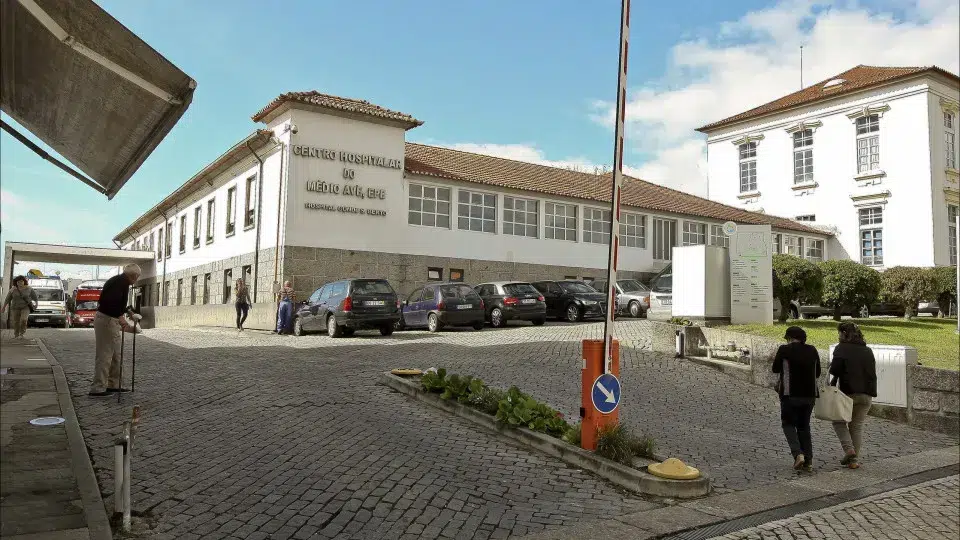
The term “housing exclusion” encompasses individuals living on the streets without a home (homeless situations) and others living under a roof, but whose housing is deemed precarious or unsafe for personal and social development, according to the study “Housing Exclusion: An Expanded Vision of the Homeless Phenomenon.”
The study, conducted by the Spanish Rental Observatory, an entity established by the Secure Rental Foundation and researchers from the Rey Juan Carlos University, also included contributions from tuTECHÔ, an organization that involves entities and funds purchasing homes to lease at moderate prices or to social organizations.
Approximately 3.7 million people, including families with children, live in homes considered unsafe due to the absence of a legal contract for habitation or being under threat of eviction, the study reports.
An additional 4.8 million people reside in inadequate housing due to habitability issues, living in “shacks,” or the high number of co-inhabitants concerning space and housing conditions.
The report highlights a rising number of homeless women in Spain: from 19.7% to 23.3% of this population over a decade.
Additionally, half of the homeless in Spain are under 45, with 68% being foreigners.
The study emphasizes thousands living in disguised homelessness or complete housing exclusion, such as overcrowded homes of acquaintances or relatives, or sites unfit for habitation.
The most prevalent form of precarious housing is severe overcrowding, affecting 4.1 million individuals, according to the study.
The Spanish Rental Observatory calls for public measures and policies to promote social inclusion and access to housing, advocating for the “social rental” model aimed at vulnerable groups. However, it notes the limited public-owned housing stock hampers initiatives addressing these issues.
According to Spanish government data cited in the report released today, social housing in the country accounts for about 3.3% of the total housing stock, below the European average of 8%.
The ESADE Business School’s Dignified Housing Observatory, based in Barcelona, reminded in a recent report that the United Nations Special Rapporteur on the right to adequate housing stated in 2006 that Spain’s situation was “the worst in Europe and among the worst in the world.”
Cities across Spain have seen protests in the past year with thousands demanding measures to secure housing access and curb mass tourism, especially local accommodations perceived as a major cause of rising house prices.
One major demonstration took place on April 5, with rallies in 40 cities, involving hundreds of thousands.
The protest organizers called on central and regional governments to implement demands such as a 50% rent reduction “after decades of speculation,” mandatory “indefinite leases,” “recovery of empty, tourist, and short-term let homes” for “social function,” and ending “speculative purchases” by investment funds.




